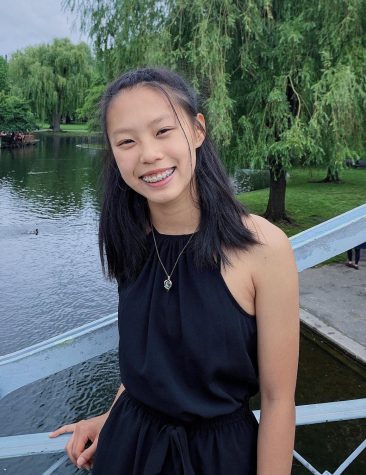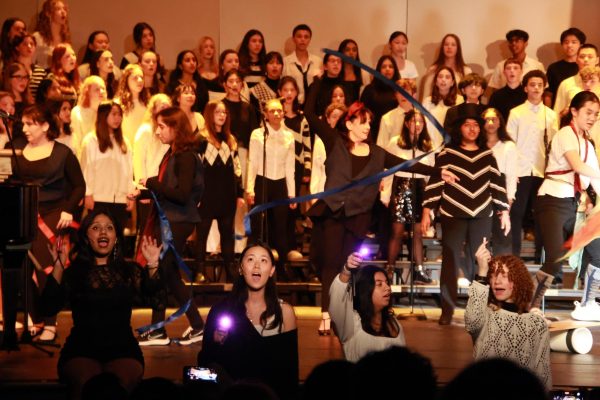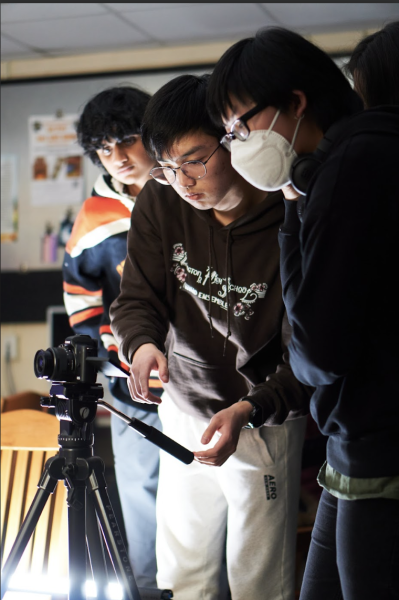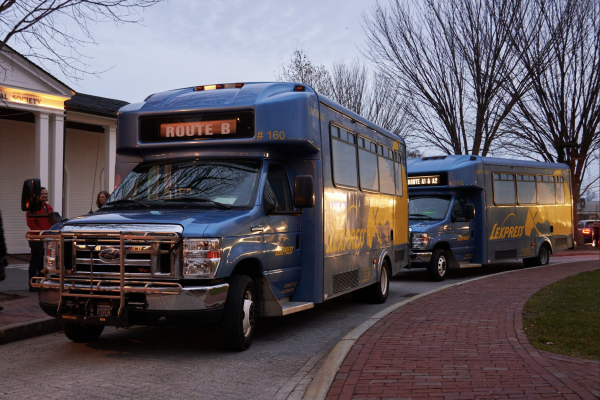Highlights and Lowlights of Quarantine
January 10, 2021
To say that this year has been unusual would be an understatement. It’s been unique, uncertain, and unprecedented. With a global pandemic, nation-wide protests for racial justice, and a high-stakes presidential election, everyone has faced new academic, social, and emotional challenges. Nevertheless, the Lexington High School community has shown resilience and found opportunities for growth at home.
Charles Willis, a ninth grade history teacher at LHS, noted that the time at home has allowed him to relish “a lot of the silver linings…in life that sometimes we may have forgotten about.”
Willis has made a point of utilizing this experience to spend more time outdoors with his family.
“My husband and I used to go on walks pretty regularly anyway, but now during the pandemic, it’s a really important part of the day since we can get out of the house and get some fresh air,” Willis said.
The extra free time has also given many people a chance to explore new hobbies to cope with stress and boredom.
“I’ve been doing a ton of art recently, which is really great because back when we had the [normal] school year, and homework, and tests, I didn’t really have time to do a lot of art. But now that we have less of that I’ve been really getting back into drawing and painting and [I’m] using that as an outlet,” Robin Pan, a junior, said.
While some have enjoyed the opportunity to bond with family members and try new things, others are feeling more trapped within their houses.
“Spending 24/7 with my son when [my wife and I] had to stay at home..it was challenging for both of us. Everyone needs a break from parents, and everyone needs a break just to go somewhere [else]. And when you’re always together, and you don’t have any place to go, and you can’t talk to anyone else…that can build up some pressure,” Andriy Barchuk, a chemistry teacher, said.
Regardless of whether or not quarantine has strengthened familial bonds, many share the same regret of not fully appreciating the freedom and opportunities to connect with others before quarantine.
“We often take it for granted with those who aren’t close friends or colleagues that we see everyday…Now that we don’t have those people in our lives and we are more lonely, we start to realize how important they are,” Willis said.
Many other teachers also feel the loss of daily interactions with their colleagues and students.
“That’s a major reason why I came to education. I was a researcher before, and… as a researcher, you’re alone. Even if you have someone working next to you, you’re sitting in your own box. You’re busy. You don’t have time to talk to the person that’s, I don’t know, ten feet away from you on the other side of the lab bench… so the interaction part [of teaching] is very important to me,” Barchuk said.
Even with the hybrid learning model, educators are not allowed the same freedom to interact with students as they were prior to the pandemic, a development that has presented numerous difficulties for teachers.
“If you’re reading about chemistry just from a book, it is boring. The fun part is when you’re doing it, and when you’re seeing it. And I’d like to do as many demos as I can… maybe I can record it, but it won’t be the same experience as seeing it next to you,” Barchuk said.
With an extended quarantine and unusual school plans adding to the pandemic’s ambiguity, students feel secure knowing that others around them are dealing with the same feelings of anxiety.
“There’s so much uncertainty, and it makes me feel a little bit anxious about not knowing anything that’s going on right now. But it kind of comforts me to know that no one else really knows what’s going on. Everyone’s just kind of struggling through this for the first time together,” Pan said.





